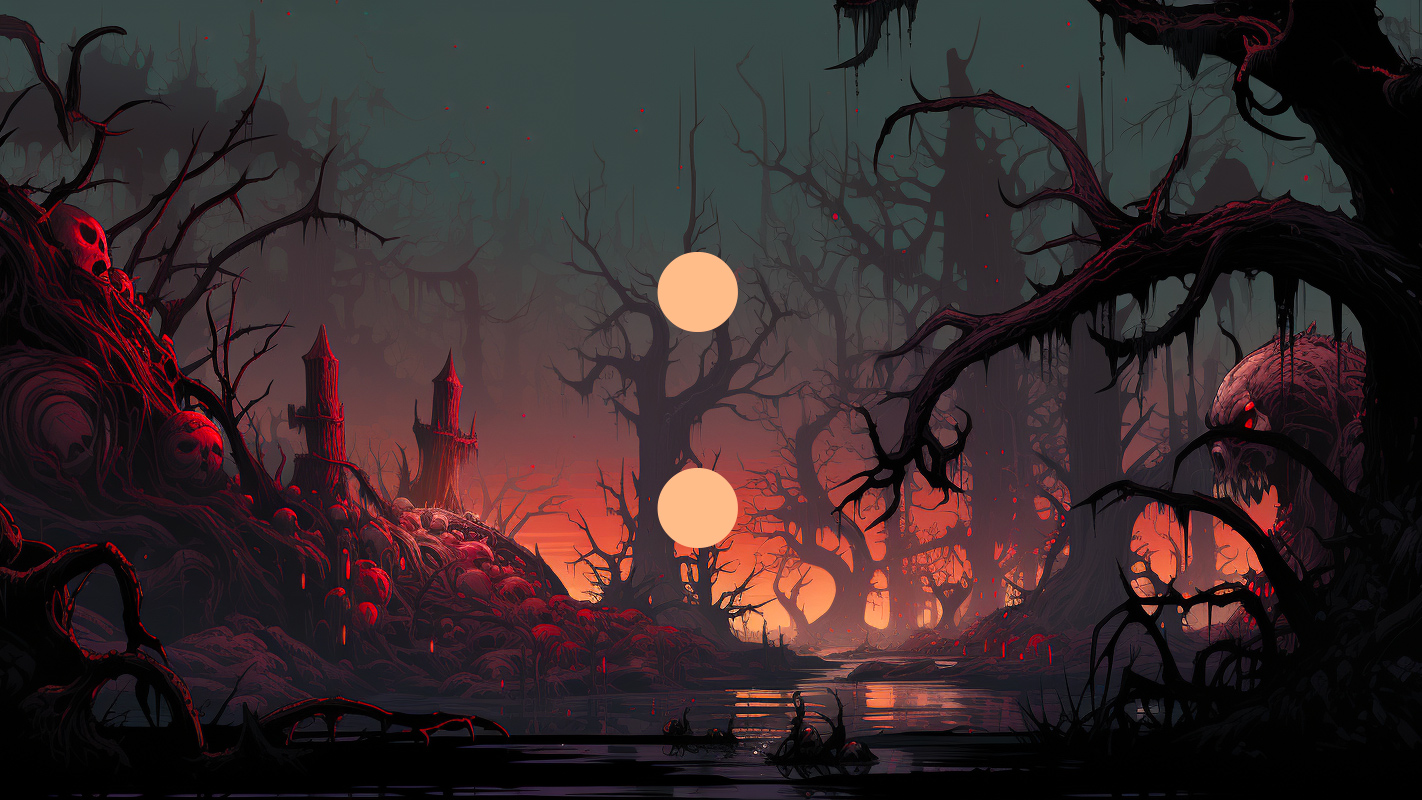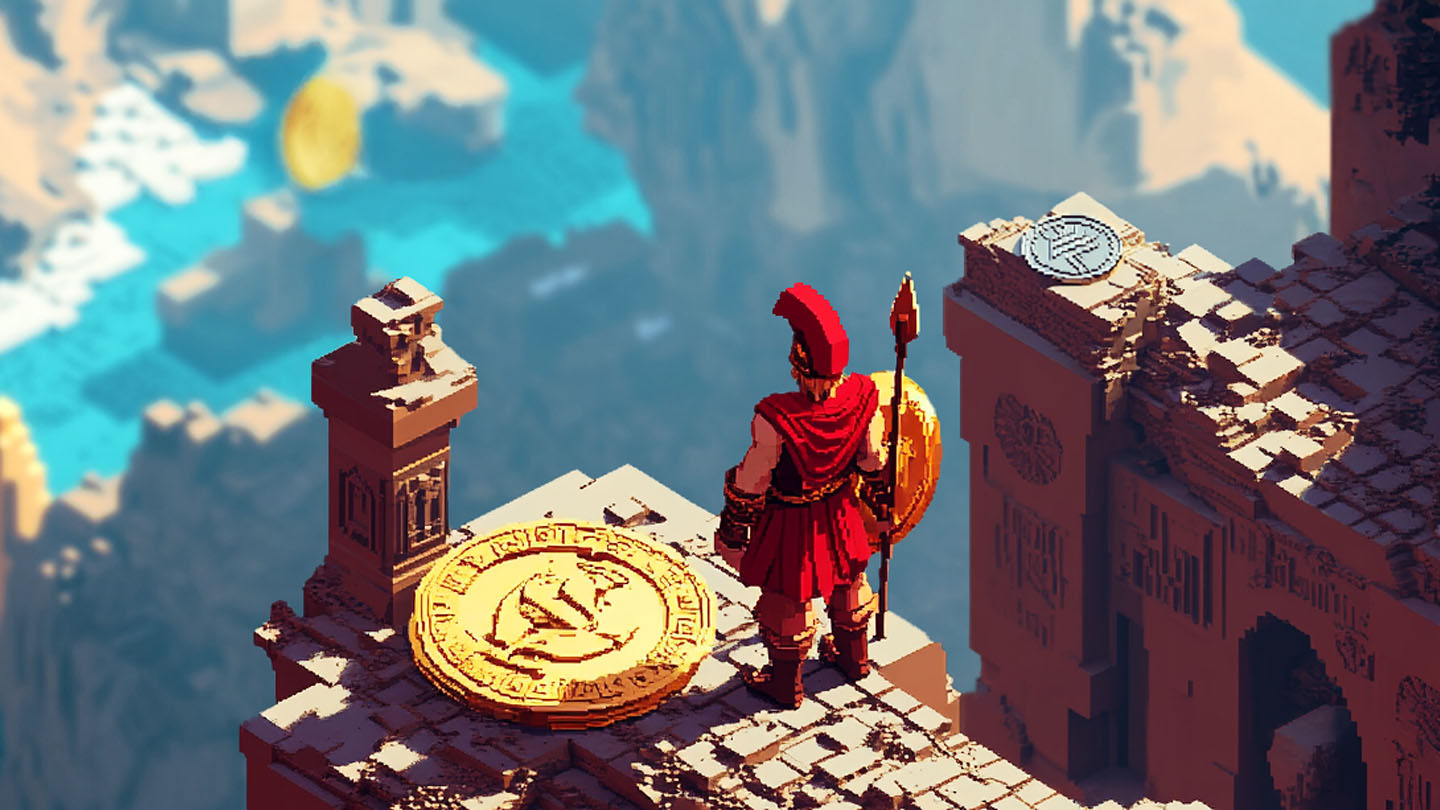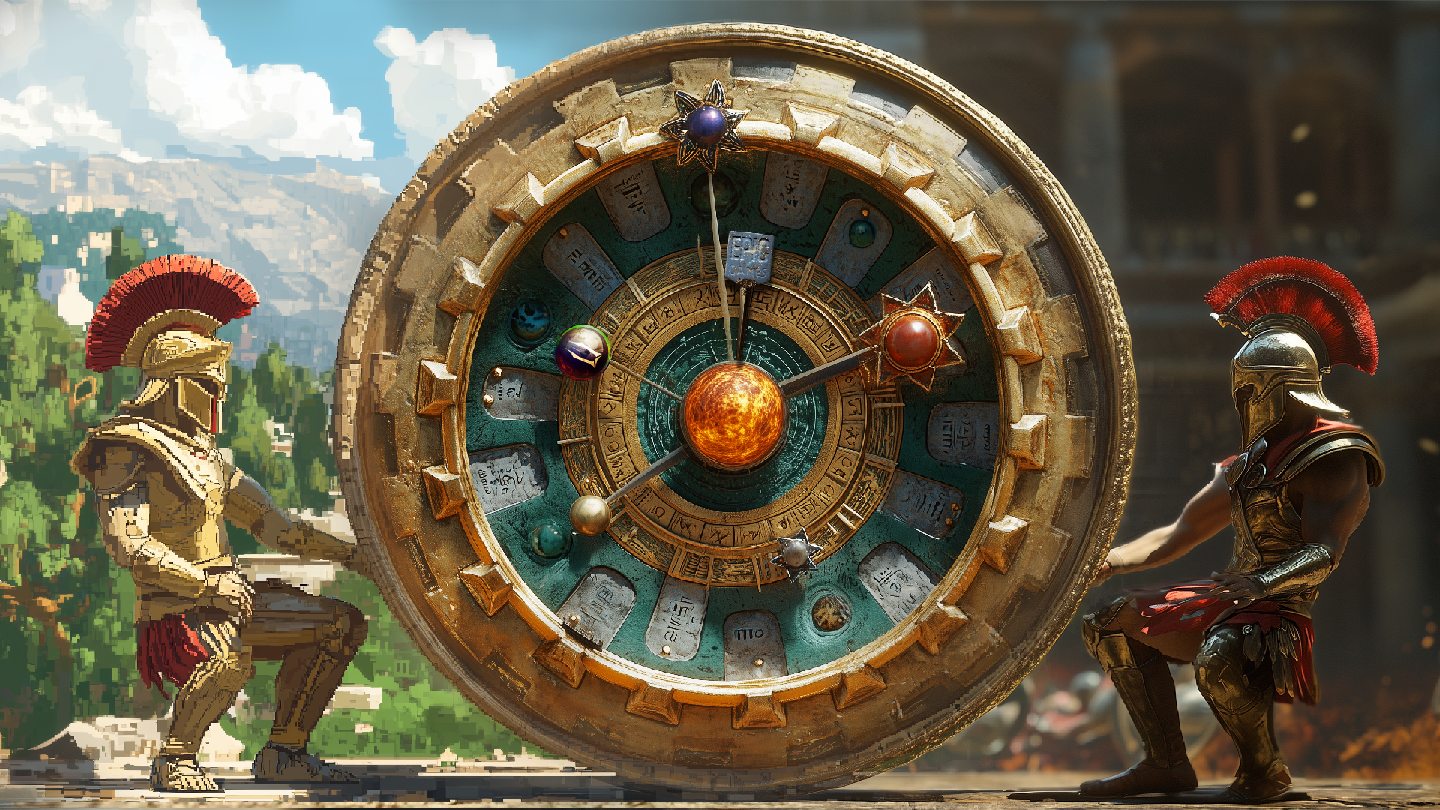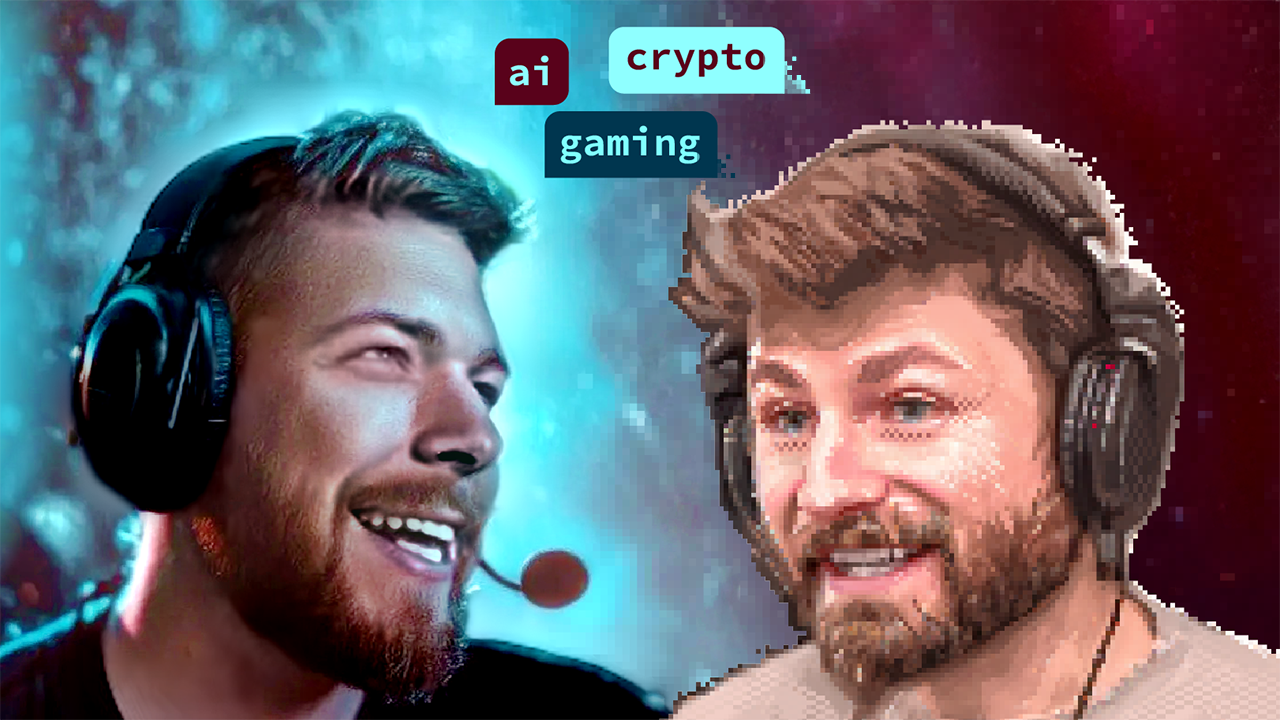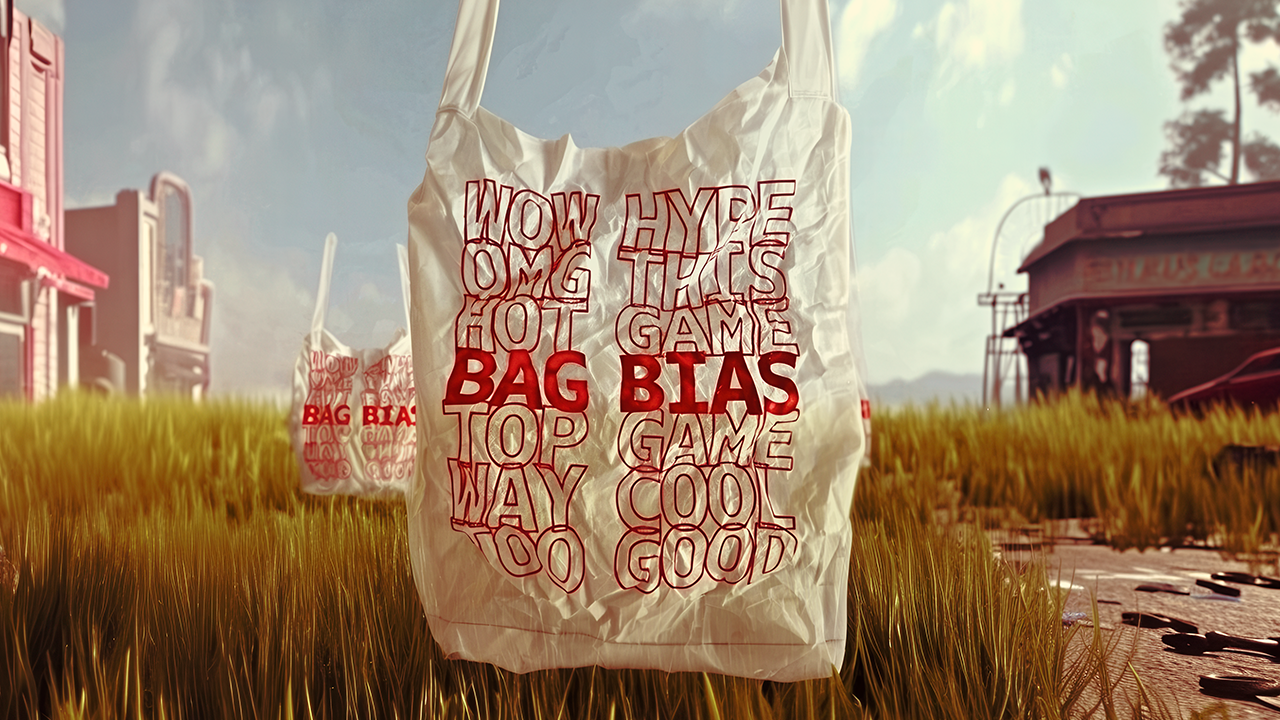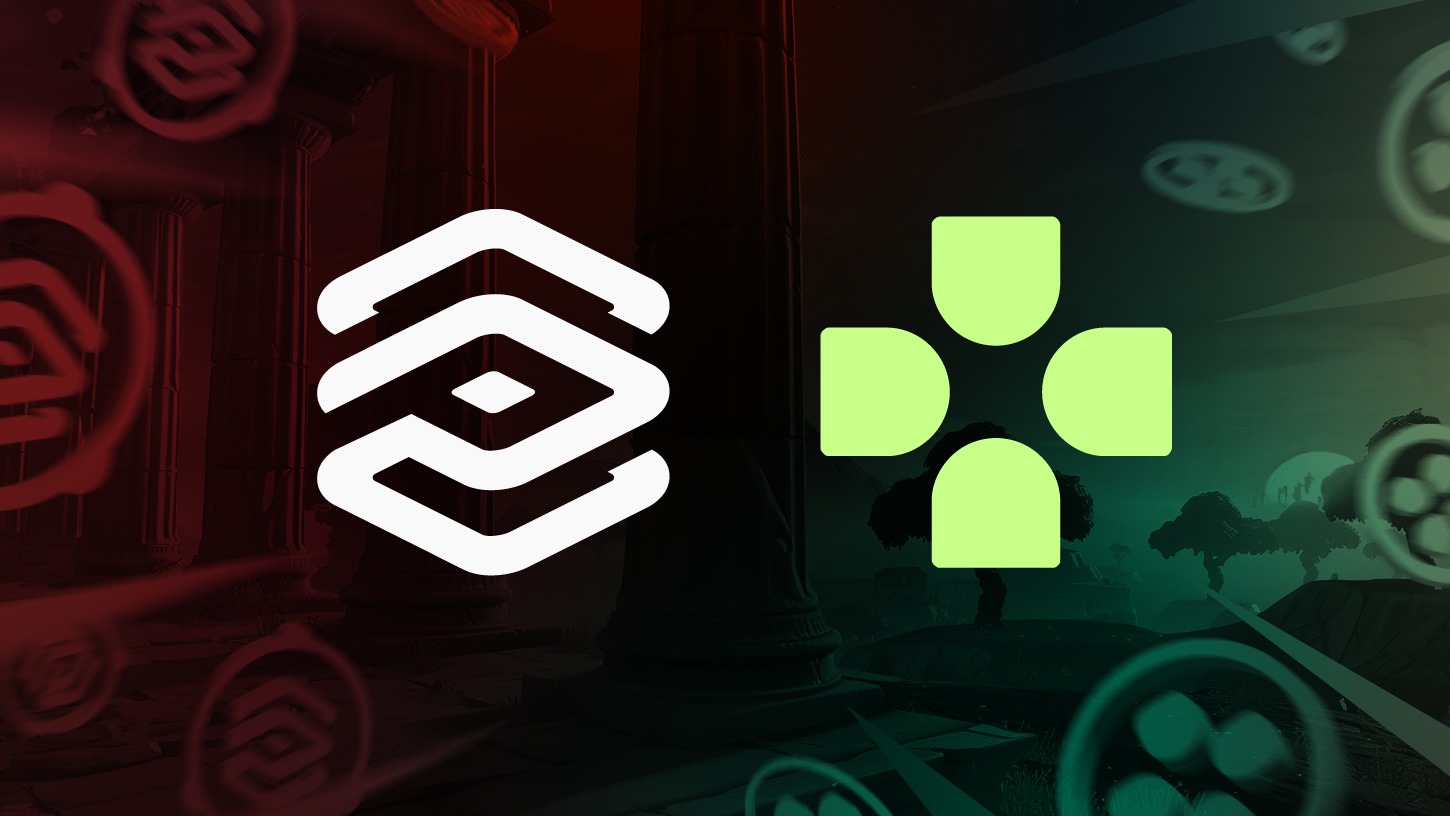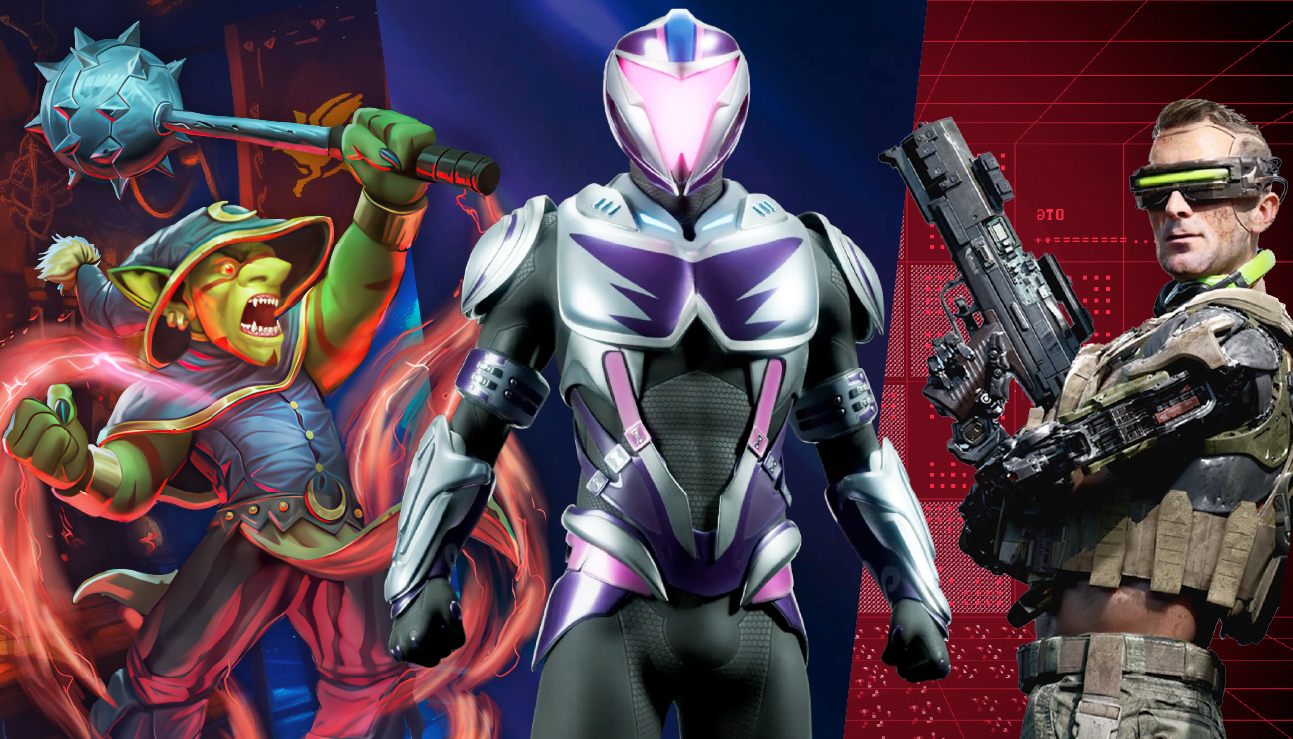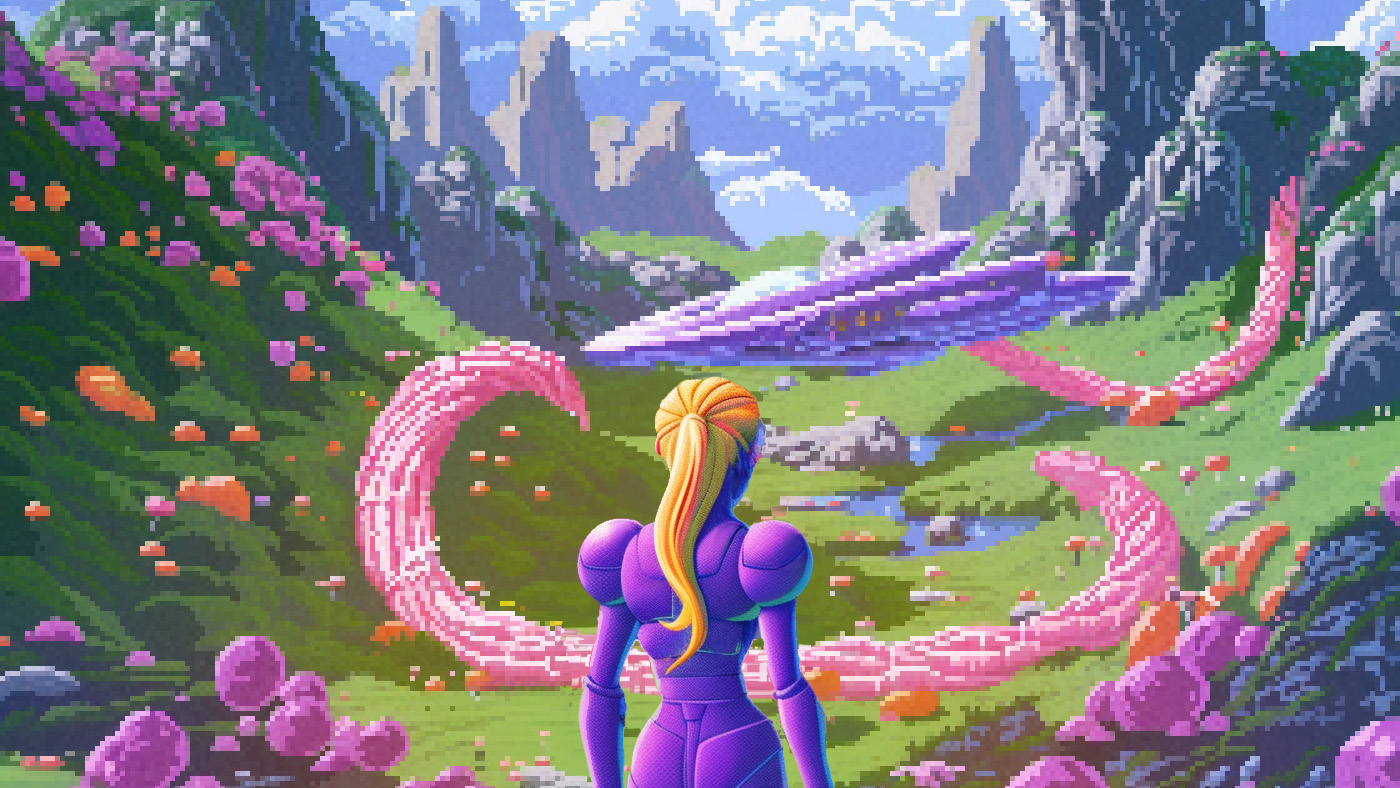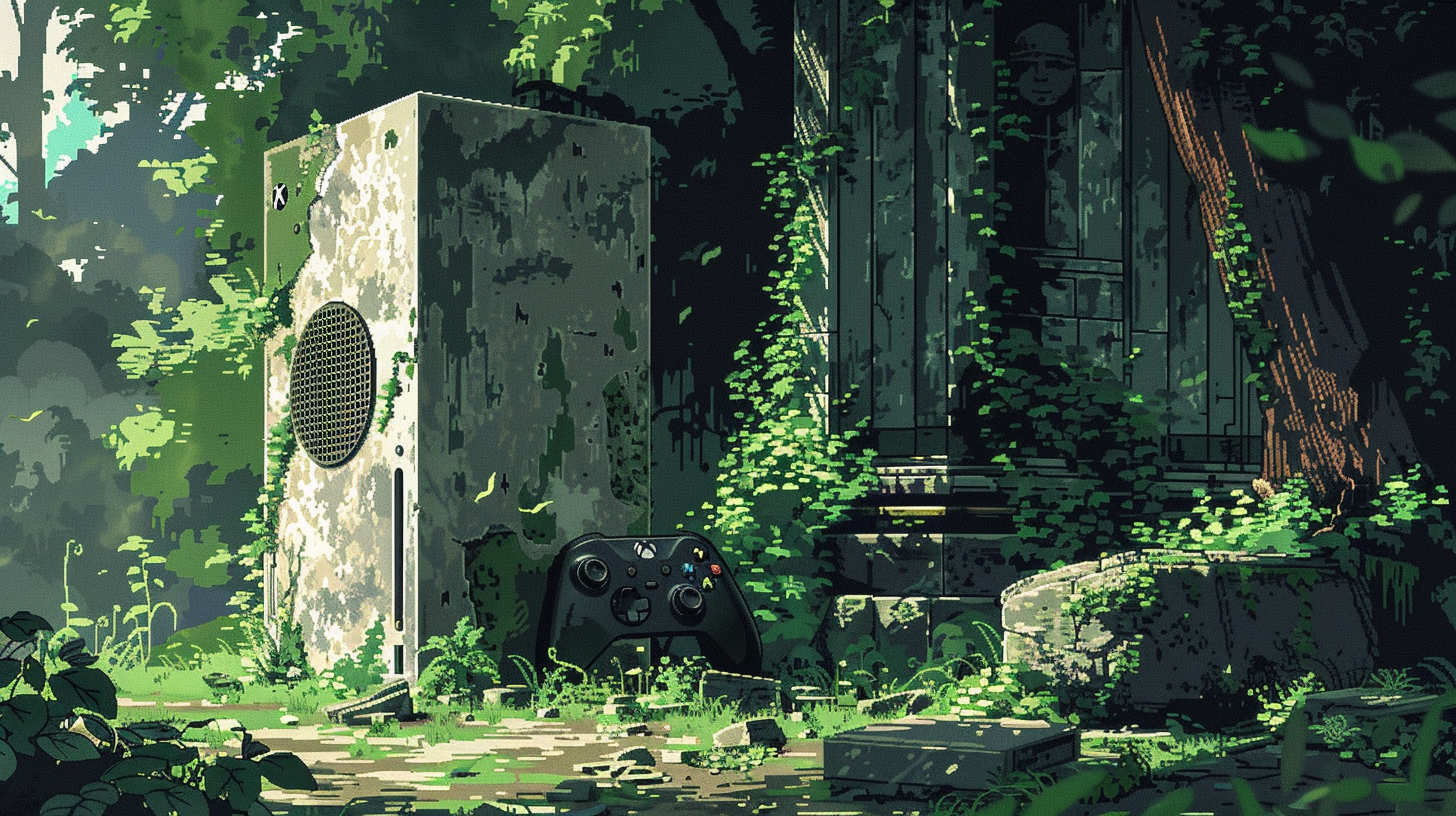It’s been a strange year for the gaming industry.
2023 has seen big, superb games launched – Baldur’s Gate 3, Zelda Tears of the Kingdom and Diablo IV to name three – and also continued rounds of layoffs and studio closures. Epic, Sega, Ubisoft, Unity, Blizzard and others have sacked thousands of people and some smaller independents have shut.
Under these circumstances, and with the continuing downturn in crypto, it’s no surprise that blockchain game developers would also be feeling the pressure. Last week saw two games on the Polemos internal watchlist make big cuts and one close altogether.
Project Eluune: Stargarden, an elegant autobattler with big ambitions, announced it was sacking most of its staff and going into hibernation until it finds new funding.
“We have been working tirelessly to find alternate sources of support and will continue to do so, however without this funding in the short term, we will need to lay off the majority of our team and go down to a skeleton crew while we continue to work on finding another path forward.”
Enjoy this newsletter? Sign up and receive an update every week for free.
To me this sounds terminal, but with a great deal of work already completed on the autobattler, maybe someone will come along and revive it. Like many BG projects, Project Eluune wasn’t content with just one game, but had expansive plans for an RPG and the development of a universal IP.
This kind of ambition has really started to get to me. In the context of an industry where – according to one executive I interviewed – around 90% of game development projects fail, attempting to leapfrog the basics and go straight to universal IP and multiple games seems foolhardy.
There’s a massive problem here around clarity and focus, and it’s exemplified by the fact that I don’t know what to call Project Eluune. Is the game called Stargarden? Is it called Project Eluune? I don’t know, and that’s not good enough. The effusive energy of possibility hasn’t been tamed by product discipline. And now it’s on life-support.
The tell-tale sign of this malady is the inclusion of the colon in the game name. You earn a colon if you’ve already built a successful game (like Assassin’s Creed or Zelda) and you’re making another one. That seems to be the right way – and probably the only way – to build a franchise. Otherwise the colon spells trouble.
The second piece of bad news was about Splinterlands, a BG card battler that has been fully functional for more than two years.
“It is with a very heavy heart that I announce that we are once again forced to significantly downsize the Splinterlands organization. We are also restructuring the organization in a way that I think will be extremely beneficial going forward and will be the start of something great.”
The restructuring here is hiving off parts of Splinterlands that are not related to the core game (including something called Invennium, apparently web3 platform tech).
The third announcement was the failure of a game called Ascenders and the complete closure of its developer.
“We are saddened to announce the difficult decision to discontinue the development of our flagship project, Ascender MMORPG, as well as its companion mini-game, Ascenders: Simulation. With a heavy heart, we must also cease company operations.”
So that’s how it ends. Note again the development of two games, not one, and the appearance of the dreaded colon in the mini-game name.
Bo Daly, the CEO reviving a game
The executive I mentioned above, speaking on the failure rate of games, was Bazooka Tango’s Bo Daly. I interviewed Bo for the Key Characters podcast, and I’ll have that ready for you shortly. Bo and his team picked up a stalled game, Shardbound, and began breathing life into it using blockchain technology. He’s aware of the pitfalls.
“I’d say probably 90 percent of game projects that are started never even come out. Most of those don’t do particularly well. And generally they all die at some point in time. And I think this becomes a challenge really for Web3 in particular … if every game’s gonna die eventually, what does that mean for your token? What does that mean for your NFT assets?”
SBF trial begins

My favourite crypto miscreant, Sam Bankman-Fried, is finally on trial. Already we’ve seen two versions of reality – or narratives, as you’d call them at university – battling it out in the courtroom. In one, SBF is the ringleader of a bunch of fraudsters, recklessly propping up one of his businesses (Alameda) with unsecured loans of other people’s money (from exchange FTX). It doesn’t help SBF that this story is being told by all his former FTX executives.
“We gave special privileges to Alameda Research to allow it to withdraw unlimited funds … and lied about it,” FTX co-founder Gary Wang said in evidence.
The other story, the one being told by the defense, draws attention to the fact that SBF doesn’t have many of the trappings of the typical fraudster. He espoused a radical philosophy of altruism, wore stained casual clothes, slept on a bean bag and drove a Toyota Corolla. This narrative relies on the normal perception of criminals as dangerous. SBF, a nerd vegan who loves maths, does not feel dangerous. Therefore, not a criminal.
“Sam didn’t defraud anyone. Sam didn’t intend to defraud anyone. Sam acted in good faith,” SBF’s lawyer said.
Anyone who’s seen the classic Australian movie The Castle will recognise this legal approach: “It’s the vibe of the thing, your Honour”. Read more

